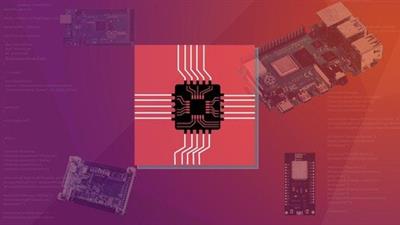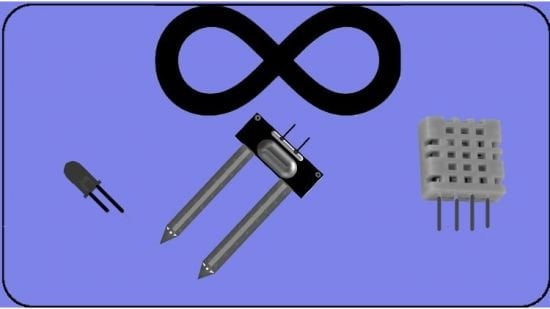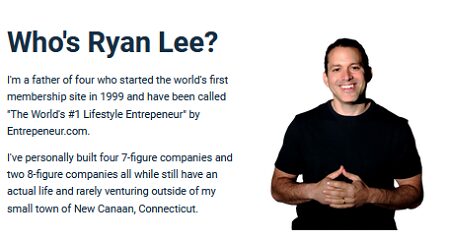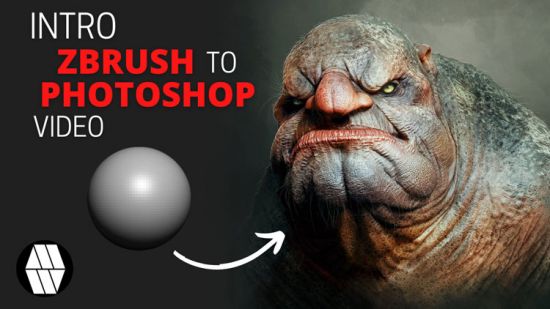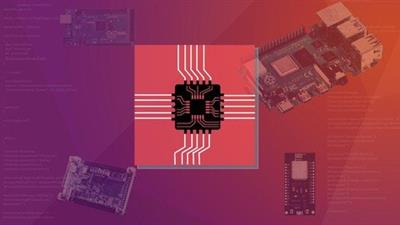
Genre: eLearning | MP4 | Video: h264, 1280×720 | Audio: AAC, 48.0 KHz
Language: English | Size: 8.98 GB | Duration: 16h 18m
Embedded Systems, IoT, RTOS, Deep Learning, Linux and Raspberry PI, ESP32, Arduino
What you’ll learn
Hardware Design Using FPGA by Learning VHDL
Raspberry Pi, Arduino and ESP32
Microcontroller Programming and Simulation
Multi-Threading For Embedded Systems and RTOS
IoT, Remote Control and Monitoring for Embedded Systems
Linux Based Embedded Systems
Python
Deep Learning and Image Processing
Description
Hardware Technologies to be taught:
FPGA
Raspberry PI
Arduino
ESP32 (Node MCU)
Programming Languages to be taught:
C
Python
VHDL
Communication and Cloud Technologies to be taught:
UART
SPI
MQTT
Node-Red
Hivemq
Techniques to be taught:
Combinational Logic Design
Sequential Logic Design
FSM
Control Units
Tinker CAD
Digital and Analog Signals
Interrupts
Android Control
Remote Control
RTOS
Semaphores
Mutexes
Sharing Resources
Queues
Parametrized Tasks
Structures
Linux
Basics of Artificial Intelligence
Neural Networks
Deep Neural Networks
CNN
No other E-learning content tried linking all digital sciences with embedded systems like we did.
Starting with FPGA and the VHDL hardware design programming language. specifically from the smallest signal which we call the bit, to building simplified calculation and registration units used in microcontrollers from scratch! And what I mean by scratch is, building it out of basic Logic gates and registers.
Then Moving to AVR uC and the famous Arduino, and building it up to run The famous Realtime operating system (RTOS) in order to run Multi-threading based application.
Then dialing it up a notch and introducing ESP boards to run IoT applications, establishing communication to Node-red, android devices and learning about remote access control.
Closing the whole thing by introducing raspberry pi and Linux. And building up with a basic Python introduction, Neural Networks, before building Embedded Deep learning image processing based models.
And all of that is hands on! No plain theory, no philosophical block of texts explaining useless concepts. Getting your hands dirty, is the my main drive here.
Who this course is for:
Anyone who want to learn about Embedded Systems from Scratch
Electronics Hobbyists
Robotics Hobbyists
Computer Engineers
Electrical and Electronics Engineers
Homepage
https://www.udemy.com/course/embedded-electronics-bootcamp-from-bit-to-deep-learning/